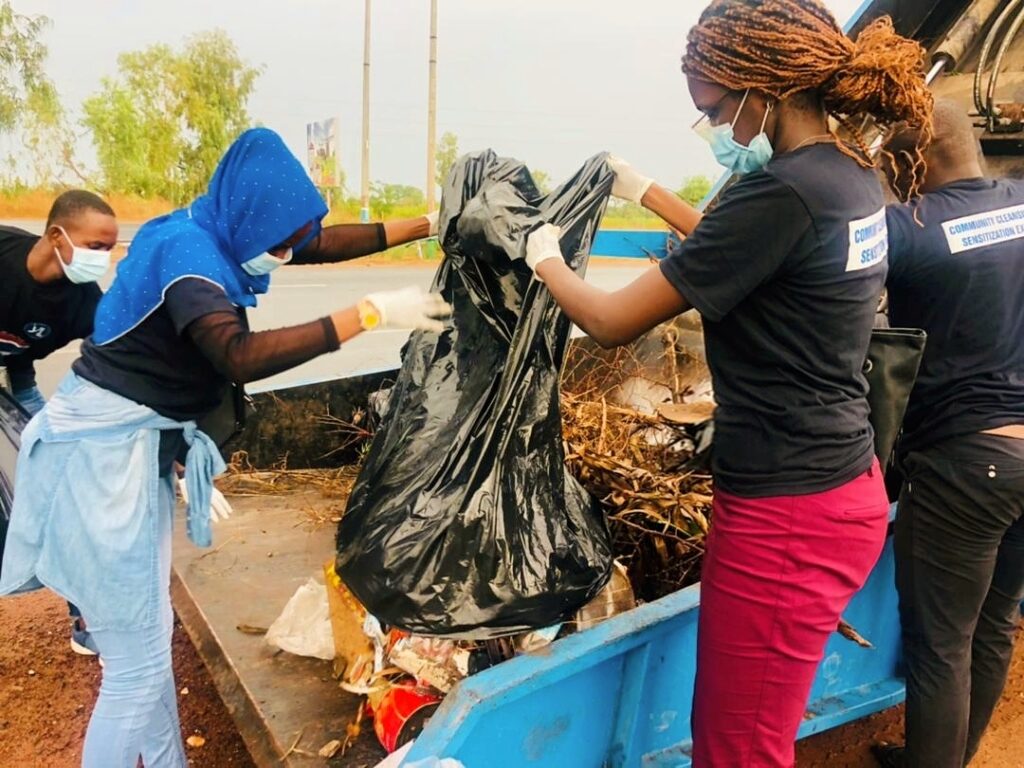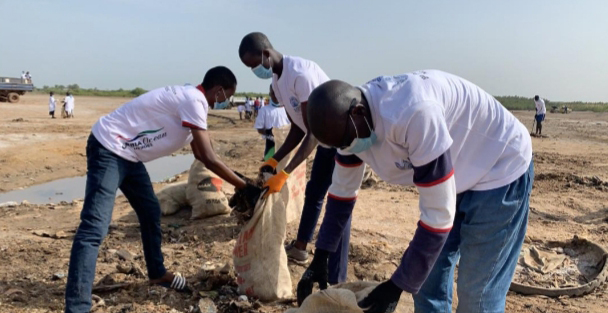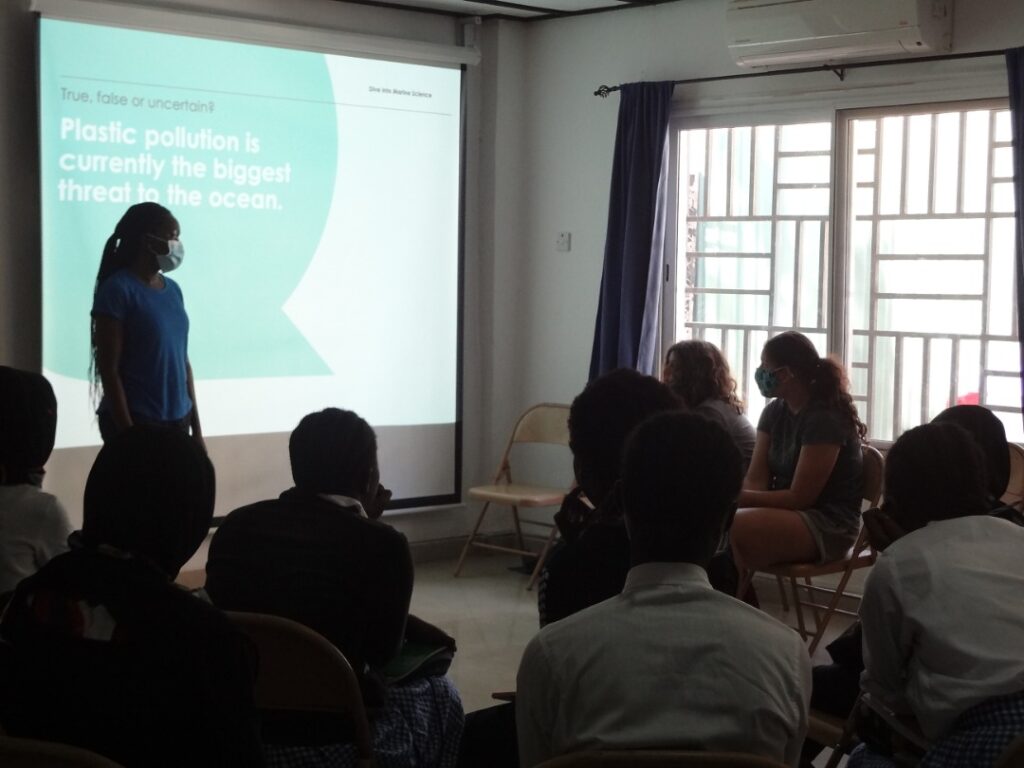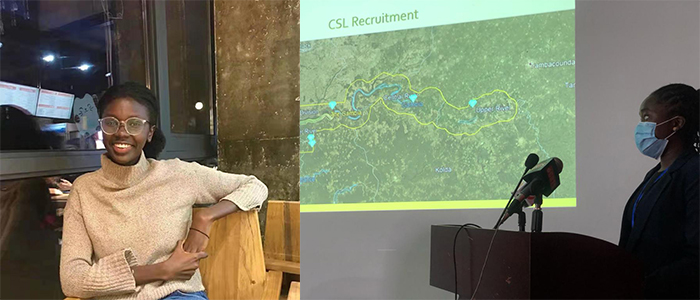Africa is the second largest continent in the world and covers one-fifth of the total land surface of Earth, but with 18,950 miles (30,500km) of coastline, 38 our 54 states situated on the coast, 90% of regional imports and exports are conducted by sea.
The opportunities around Africa’s blue economies are enormous, with significant potential to create jobs and improve livelihoods, but what has historically been missing in debates are issues of governance and security.
But the tide is starting to change. The Agenda 2063: The Africa We Want, recognises the Blue Economy as a major contributor to continental transformation and growth, and the 2050 African Integrated Marine Strategic Plan of Action (AIMS2050), provides a roadmap for increased wealth creation from Africa’s oceans and seas by developing a sustainable thriving blue economy.
Hack the Planet entrants, Fama Jallow and Betty Jahateh, are exploring how satellite technology can be used to tackle two key ocean sustainability issues facing West Africa: Over Fishing and Plastic Pollution.
Over Fishing
Illegal, unregulated, and unreported (IUU) fishing poses a significant threat to marine fisheries and biodiversity. Illegal fishing is a key driver of global overfishing, threatening precious marine ecosystems, and putting food security and regional stability at risk, it is also linked to major human rights violations and even organized crime.
The situation off the coast of West Africa is particularly critical. Here, IUU fishing accounts for an estimated 40 per cent of fish caught – the highest level worldwide. This is a catastrophe for the region’s already severely overexploited fish stocks.
Addressing IUU and over fishing will positively contribute to the equitable growth and empowerment of the people who rely on oceans for food and income.
Plastic Pollution
Plastic pollution has rapidly become one of the most pressing environmental issues as an increase in the production of single-use plastic products overwhelmed the world’s ability to deal with them. The world produces 381 million tonnes in plastic waste yearly – set to double by 2034 – and 50% of this is single-use plastic, with only 9% being recycled, leaving a staggering amount to be disposed of in landfills or incinerated.

Fama Jallow on environmental clean up.
Greenhouse gas emissions from the creation and incineration of plastics are accelerating climate breakdown and threatening our ability to maintain a survivable climate. Africa is one of the most vulnerable continents due to a lack of policies and access to technologies that could aid in tackling these issues.

Ocean leader Betty Jahateh organises a clean up of the River Gambia with over 70 volunteers.
Solutions from Space
For Fama and Betty, the urgency of these issues fuelled them to start using satellite data and machine learning to help monitor plastic pollution and over fishing along the Gambian shoreline. They both believe that access to data is the major roadblock to solving these problems in Africa, especially when it comes to the continent reaching the Sustainable Development Goals. They both hope that through satellite technology and leveraging artificial intelligence technology they can help tackle some of the problems that most African countries are facing.
Fama is currently going into her final year as an aerospace Engineer, while her collaborator and partner in the competition, Betty is a recent biology graduate and working as a program director in the first research institution in The Gambia (The Great Institute) tackling climate change. They are both passionate about climate change and space technology.

Betty Jahateh giving a lecture on plastic pollution to students.
Additionally, Fame and Betty hope that their project and involvement in the Hack the Planet competition can help more women in African countries join STEM fields such as AI, aerospace engineering, and marine science. They hope to provide basic coding and machine learning training, tools, and data access, to women from developing countries, better equipping them to make a difference.
Their main goal is for their project to have a ripple effect, touching the lives of people across their home continent.

Hack the Planet entrants, Fama Jallow (left) and Betty Jahateh (right).
